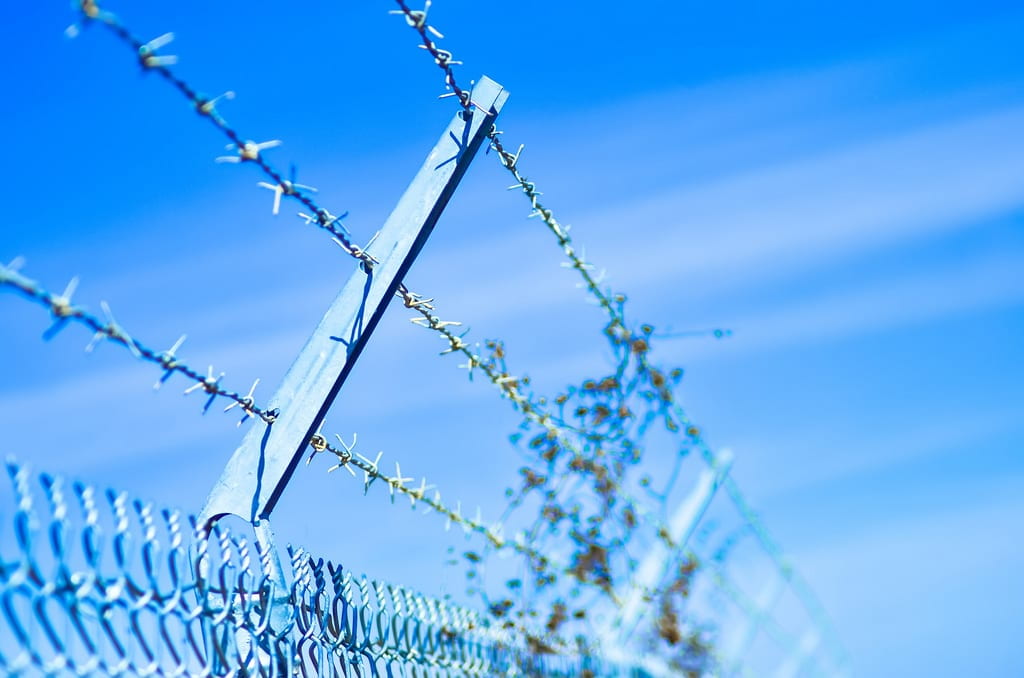
Photo by Alex G.
Today is the 17th anniversary of the opening of the Guantánamo Bay detention center in Cuba. Seven hundred and eighty Muslim men and boys were held in the prison. Many were held for a decade or longer, and nearly all were held without charges. Forty men still languish in the prison, with no possibility for exit. President Trump has stated that he has no interest in shuttering the prison. Instead, he has suggested that he would like to “load it up with some bad dudes.”
The Guantánamo detention center has not been in most people’s consciousness through the seventeen years that it has been open. In fact, when President Obama said on his second day in office that he would close the prison within one year, many people thought he did. He never did.
People today may believe that the men held in Guantánamo were “guilty.” However, hardly any of them were ever charged with a crime, and nearly all of the men were released without charges. America’s foundational belief in due process and the rule of law did not protect these men from being held in Guantánamo without charges. Nor did it protect them from torture. The rule of law also did not matter when the U.S. military purchased some of the men who were later held in Guantánamo—by paying bounties to Afghan and Pakistani soldiers. A British lawyer described these purchases as a modern-day slave trade.
Of the forty men remaining in the prison, six “high value prisoners” are to be tried in military commissions. Preliminary proceedings have been ongoing for more than a dozen years, and there is no indication that these six will ever have a trial. If they die before their trials are concluded and verdicts are given, we will never have the rule of law assurances that the men were guilty of their alleged crimes.
Violating the rule of law in Guantánamo extended beyond subjecting the men to torture and holding most of them for years without charges. Defense lawyers found microphones in client-meeting rooms in the prison. The lawyers also discovered that officials had read the prisoners’ legal mail.
The Periodic Review Board—the panel that reviews the status of the men in Guantanamo—has not recommended release of any prisoner since Trump took office. Five of the men currently held in the prison were cleared for release during Obama’s tenure. However, they were not released before Trump assumed office, and Trump has no interest in releasing them now.
The rule of law was broken in Guantánamo. It continues to be broken today—in Guantánamo and in the culture of the current administration. Producing the Muslim ban; blocking families from lawfully applying for asylum; separating children from parents at the border; directing illegal campaign payments; unilaterally withdrawing from treaties; ridiculing federal judges; and pursuing policies that benefit the president’s business dealings; all reflect that the president is not committed to guaranteeing that our laws be faithfully executed, as he solemnly swore under oath.
With the Democrats winning the House in November, there is hope we may return to civility and the rule of law. But, we cannot fully return until we also recognize the damage to America’s principles and values caused by our continued actions in Guantánamo.
Someday, Guantánamo may fade from our lives and our memories. But, today we must publicly acknowledge that Guantánamo was wrong and unlawful, that the rule of law is inviolate, and that this and every administration must strive to faithfully execute the laws and uphold the Constitution.
Professor Peter Jan Honigsberg is Founder and Director of Witness to Guantánamo and author of books and articles on post 9/11 issues. His latest book will be published by Beacon Press in fall 2019.